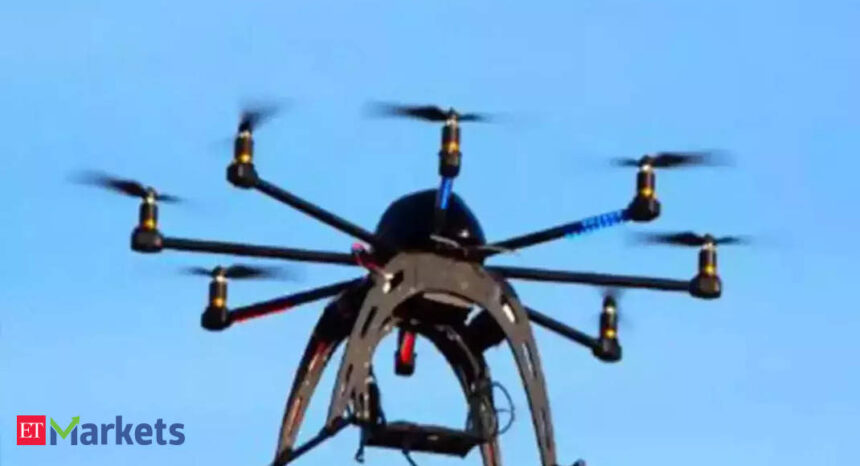The vehicle attained an altitude of about 3 km above ground and successfully landed using a parachute mechanism. It had air pressure, heat, internal combustion, air friction sensors (with calculation), and miniature parachute for equipment recovery onboard.
The major highlight of this test was that there was a 100% recovery of the onboard sensors as well as the rocket launch vehicle.
This test coincides with the soft lunar landing of ISRO’s Chandrayaan-3.
The objective of the test was to calculate the burn rate of the solid propellant fuel, attaining an altitude of 3 km and returning to station in operational condition. Further, the company plans to achieve altitudes of 10 km and subsequently 30 to 50 km to collect valuable atmospheric and meteorological data.
“This feat could be extrapolated to wider applications like suborbital research and testing, aerospace system testing, parabolic testing and testing of aerodynamic designs,” the company said in a statement.
DroneAcharya Aerial Innovations provides a complete ecosystem of drone solutions for multi-sensor drone surveys, data processing of drone and robust high-configuration hardware for drone delivery, drone-in-a-box solutions for automated survey and surveillance, and drone pilot training, along with GIS data processing, Python coding, and industry-specific courses.The company posted multi-fold growth in earnings for the fiscal year 2023. The drone ecosystem startup listed on the BSE SME platform posted a net profit of Rs 3.42 crore and an EBITDA of 4.99 crore, with both registering an upward growth of 700% plus over the previous year period.








